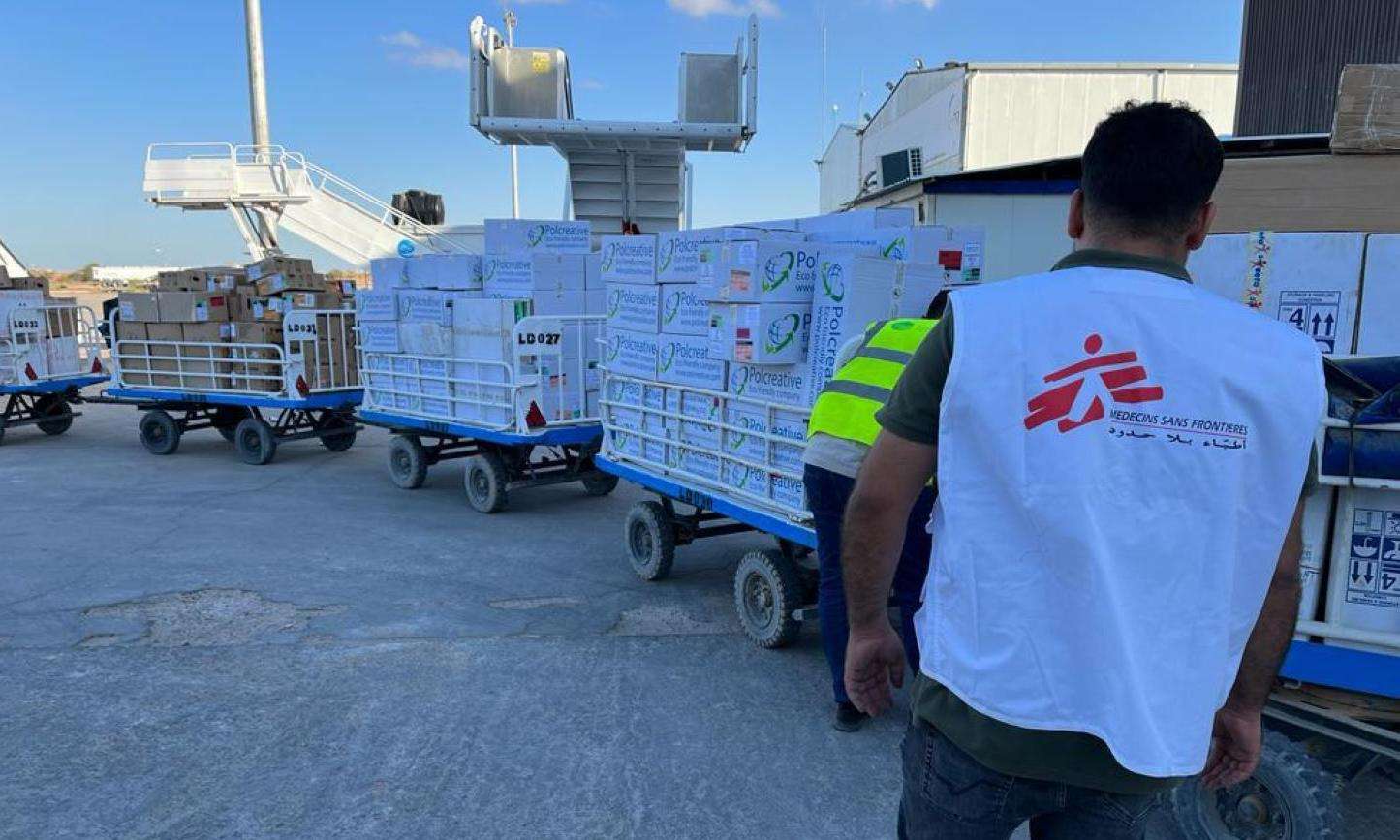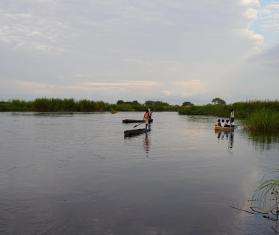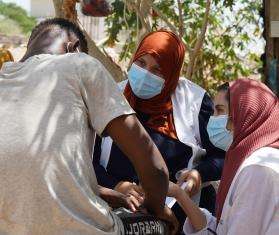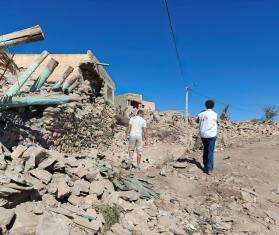Nearly 10,000 people are missing and more than 5,000 people are dead after Storm Daniel hit part of northeastern Libya, causing severe rains and flooding that swept away entire villages. Derna, a port city in eastern Libya, was the worst hit after two dams burst, killing thousands. About 30,000 people—one third of its population—were displaced by the flooding, according to the International Organization for Migration.
Doctors Without Borders/Médecins Sans Frontières (MSF), which runs medical programs in the west of the country, dispatched an emergency team from Misrata on September 13. The team, which includes a logistician and medical staff, is due to reach Derna today by road, despite challenging conditions as the city was split in two between east and west by the flooding.
MSF is in close contact with the Libyan Red Crescent—the main aid actor right now in Derna. The emergency team is traveling with supplies to donate on arrival, including 400 body bags; 200 medical kits of disinfectants, compresses, sutures, and bandages to treat the wounded; and casualty care kits for 250 patients containing gloves, antibiotics, dressings, and surgical masks.
As we often witness in the aftermath of disaster, local solidarity is strong, with many volunteers supporting rescue efforts. Given the scale of the disaster, it’s likely that medical facilities were damaged and there will be a great need to restore access to care for survivors.
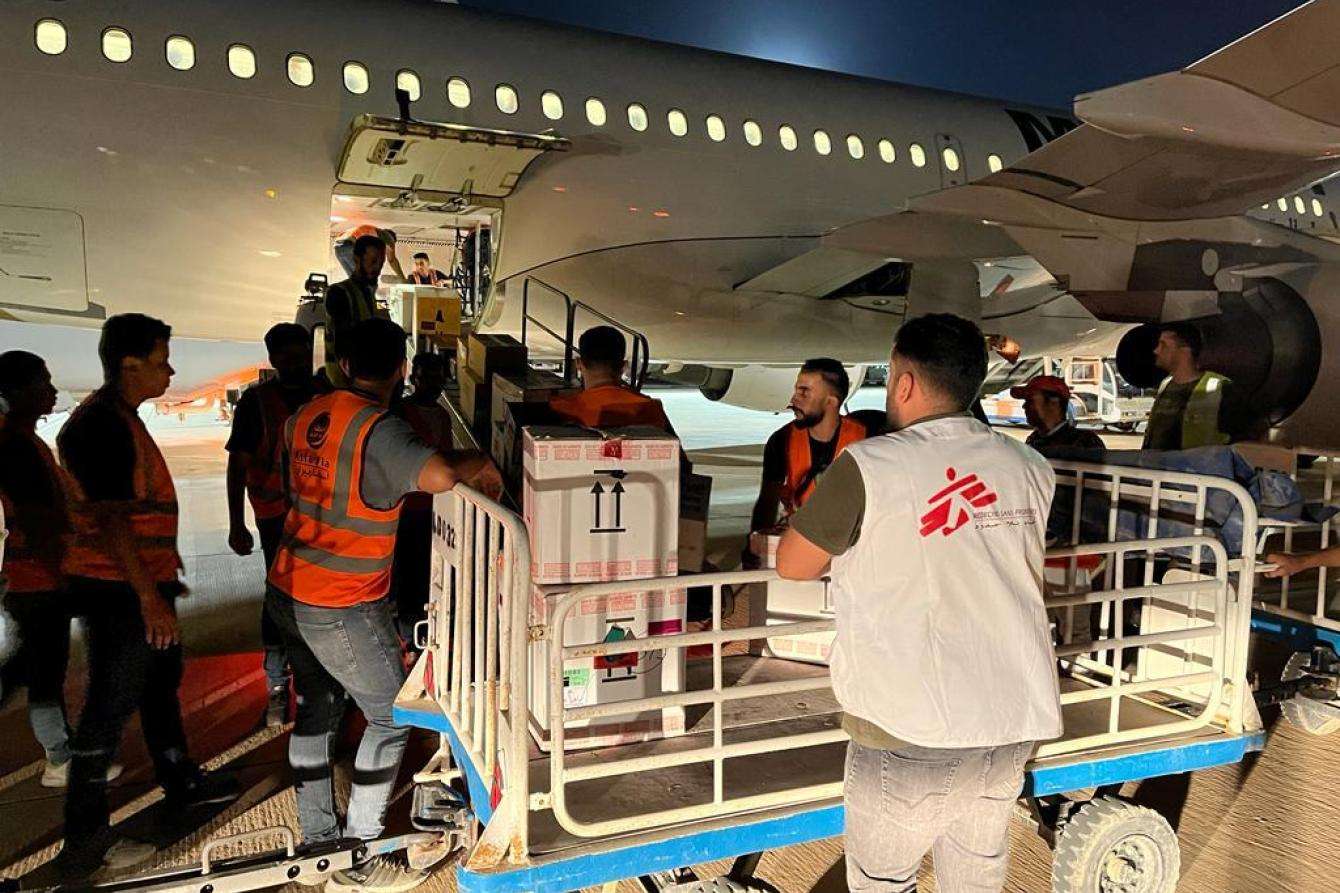
MSF’s deputy operations manager for Libya, Matthieu Chantrelle, gave the following statement:
“MSF’s team managed to arrive in Tobruk yesterday. The information that we have is the city of Derna is really separated in two, the west part and the east part, where the access between these two parts is very complicated due to the overflow of the [dam]. It seems that civil society has mobilized and there are a lot of actors, individuals, and also some organizations that have arrived there with some materials—but it is not clear what.
“The first need is management of the dead bodies. There is a big need for mortuary bags. There is also a need to ensure that the injured are treated. And then, it seems there is a big gap in terms of mental health. Based on the information we have, there are no actors in place responding [to mental health].

How climate change impacts health—and what we need to do about it
Read more“It seems that from the number of casualties already confirmed, it is going to be catastrophic. Apparently there are more than 30,000 displaced people in Derna. This will require shelters, nonfood items, hygiene kits, and so on.
“MSF’s priority today is for the team to be able to arrive in Derna to coordinate with the Libyan Red Crescent and to donate more than 200 medical kits and mortuary bags. After, the teams will assess the hospitals and health centers and the medical needs, so we can launch operations as soon as possible. We’re getting ready to be able to send a team to help as soon as we’ve confirmed the needs.”
About MSF in Libya
MSF started working in Libya in 2011 providing assistance to people affected by the conflict and supporting public health facilities in collaboration with the Ministry of Health. MSF currently runs medical and mental health care programs in Misrata and Zuwara. MSF closed its medical and mental health care programs in Tripoli in August 2023, but will continue to support the National Tuberculosis Program (NTP) and Abu Setta Hospital for Respiratory Diseases in Tripoli to improve care for TB and drug-resistant TB until the end of the year.
Text has been edited for clarity.
